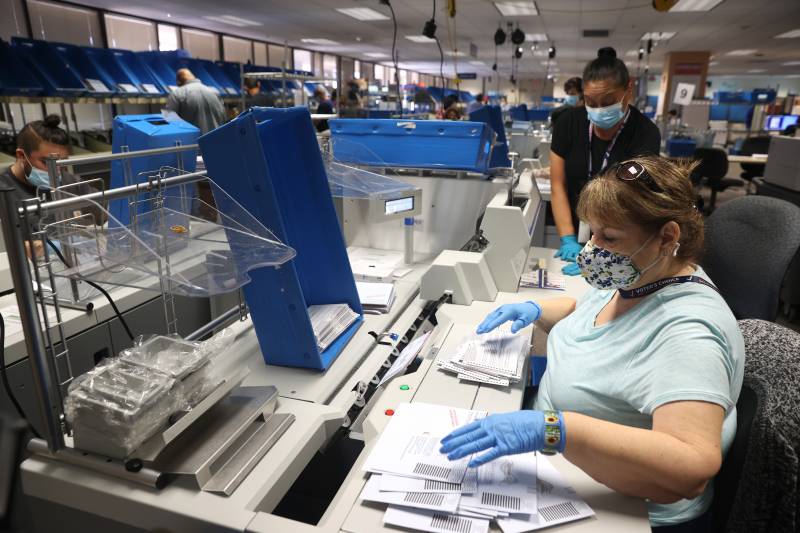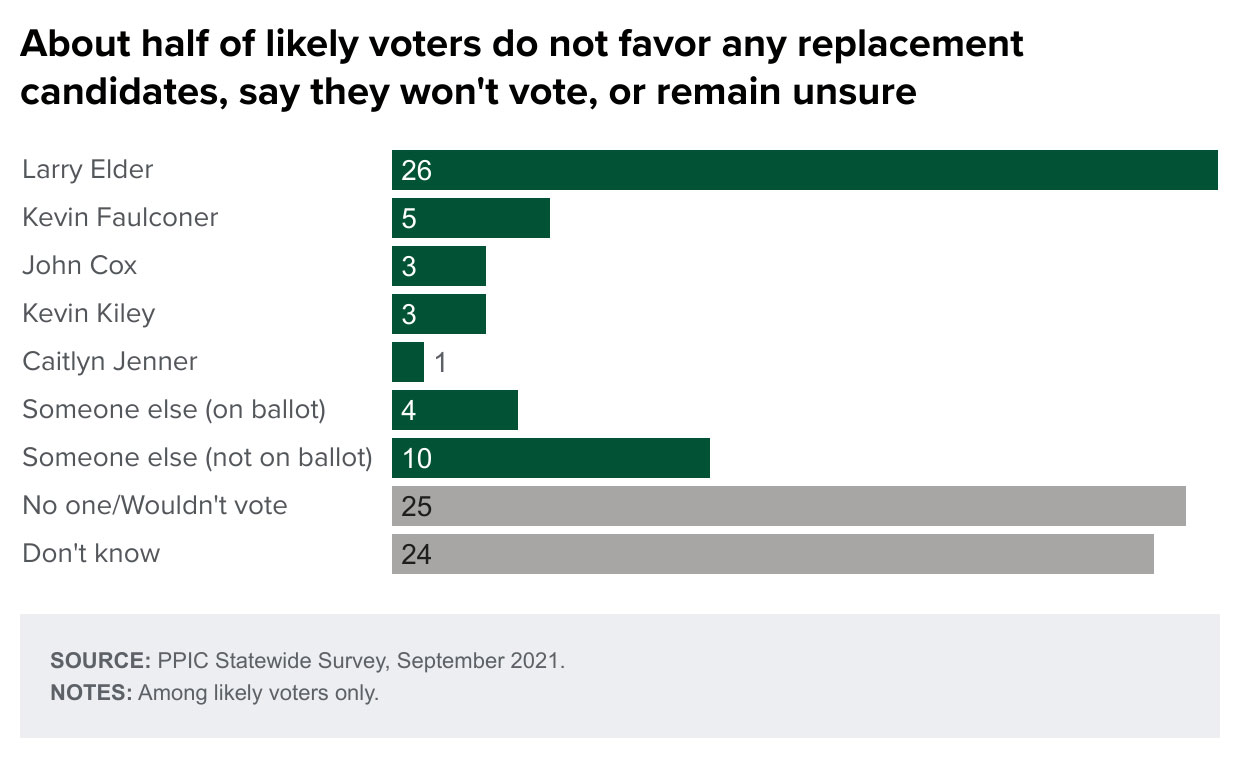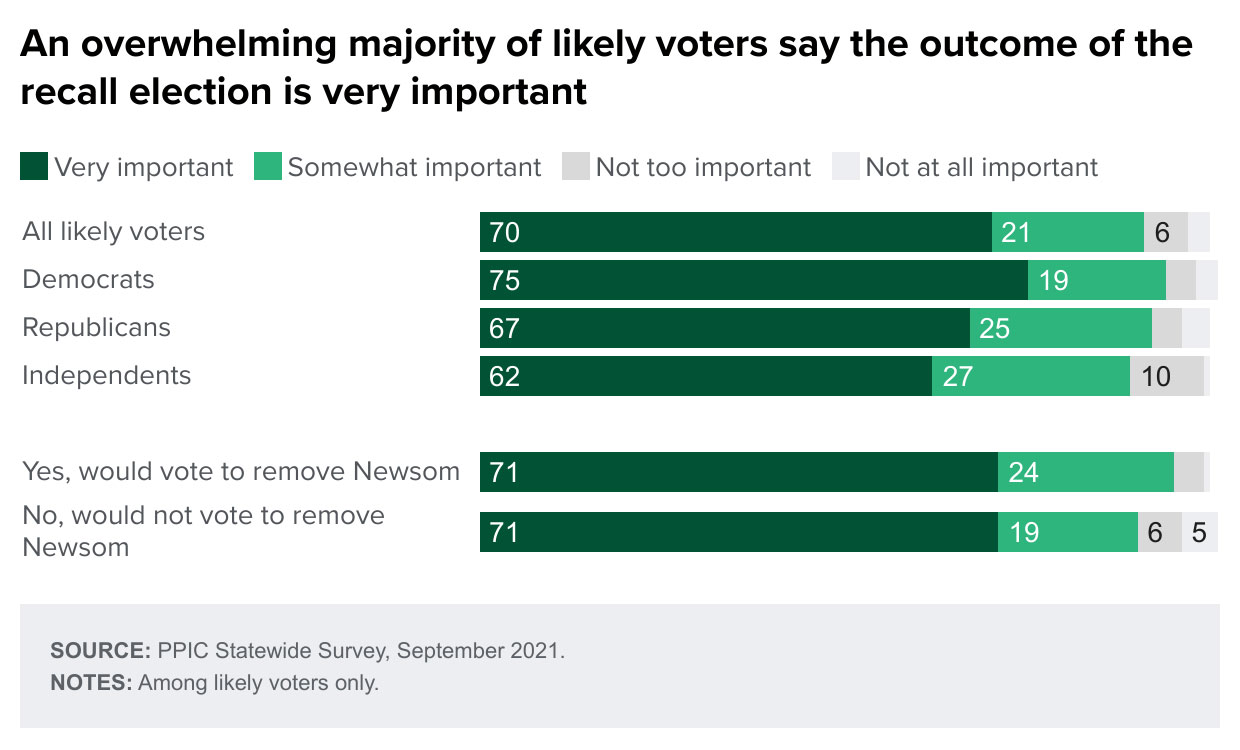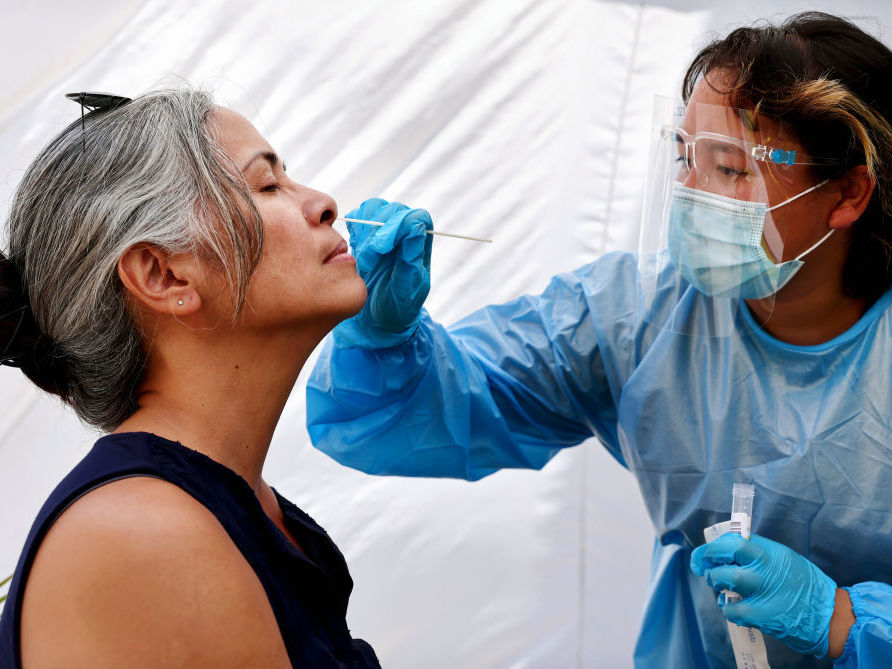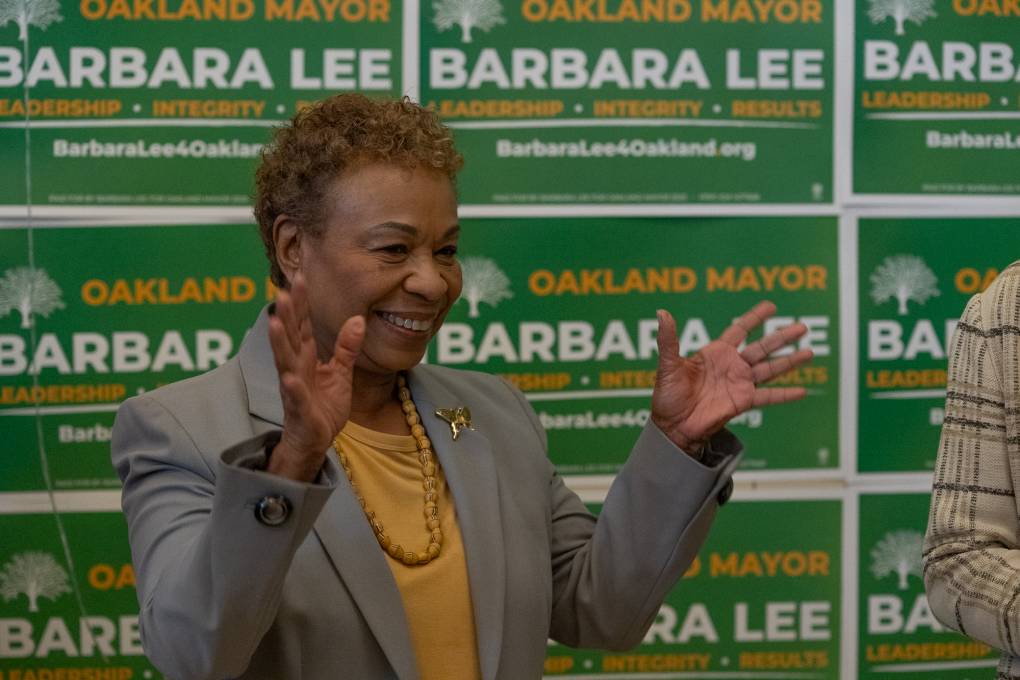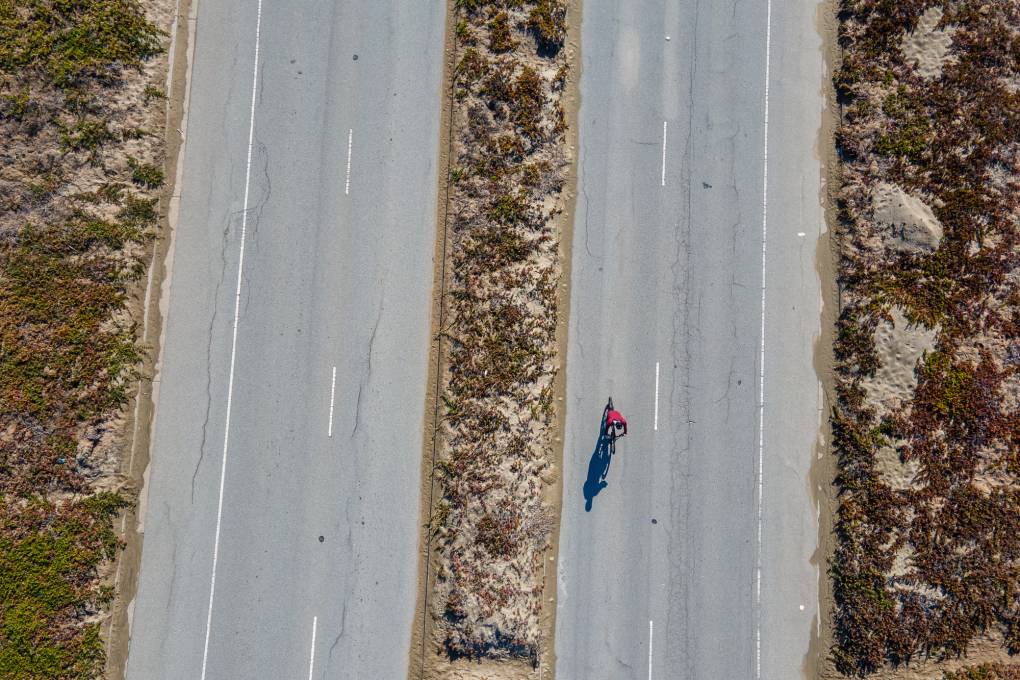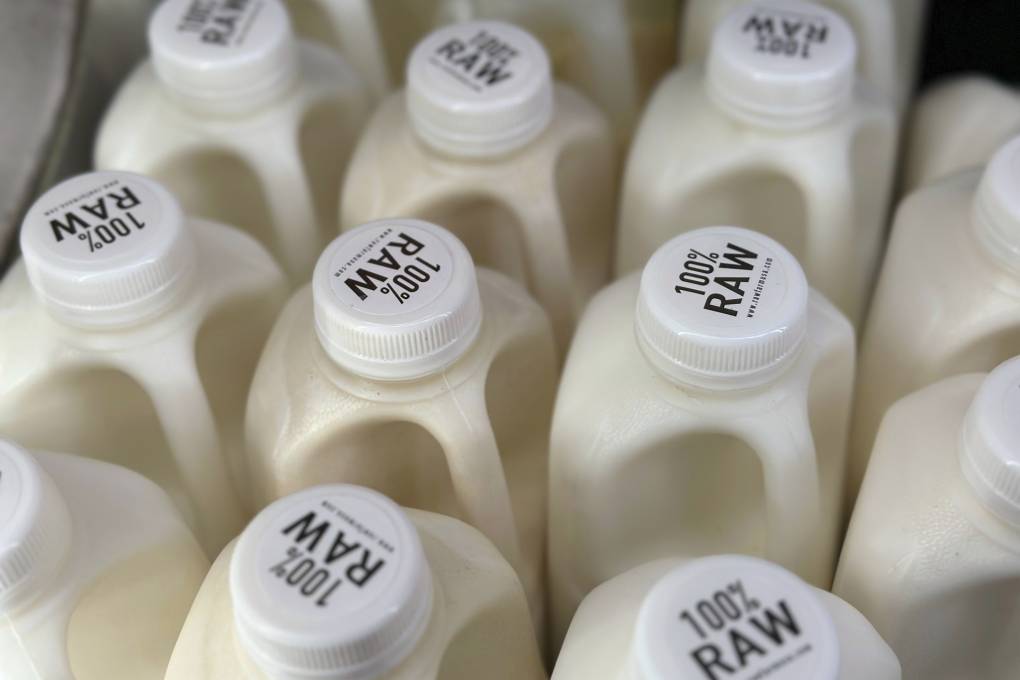Less than two weeks before the end of voting in the Sept. 14 recall election of Gov. Gavin Newsom, a new survey finds 39% of likely voters support recalling the governor while 58% oppose it. Three percent are unsure how they'll vote.
The Public Policy Institute of California (PPIC) survey finds a sharp partisan divide, with 82% of Republicans supporting removing Newsom from office and 90% of Democrats opposing the recall. Independents are divided, with 44% saying they'll vote yes on the recall and 49% voting no.
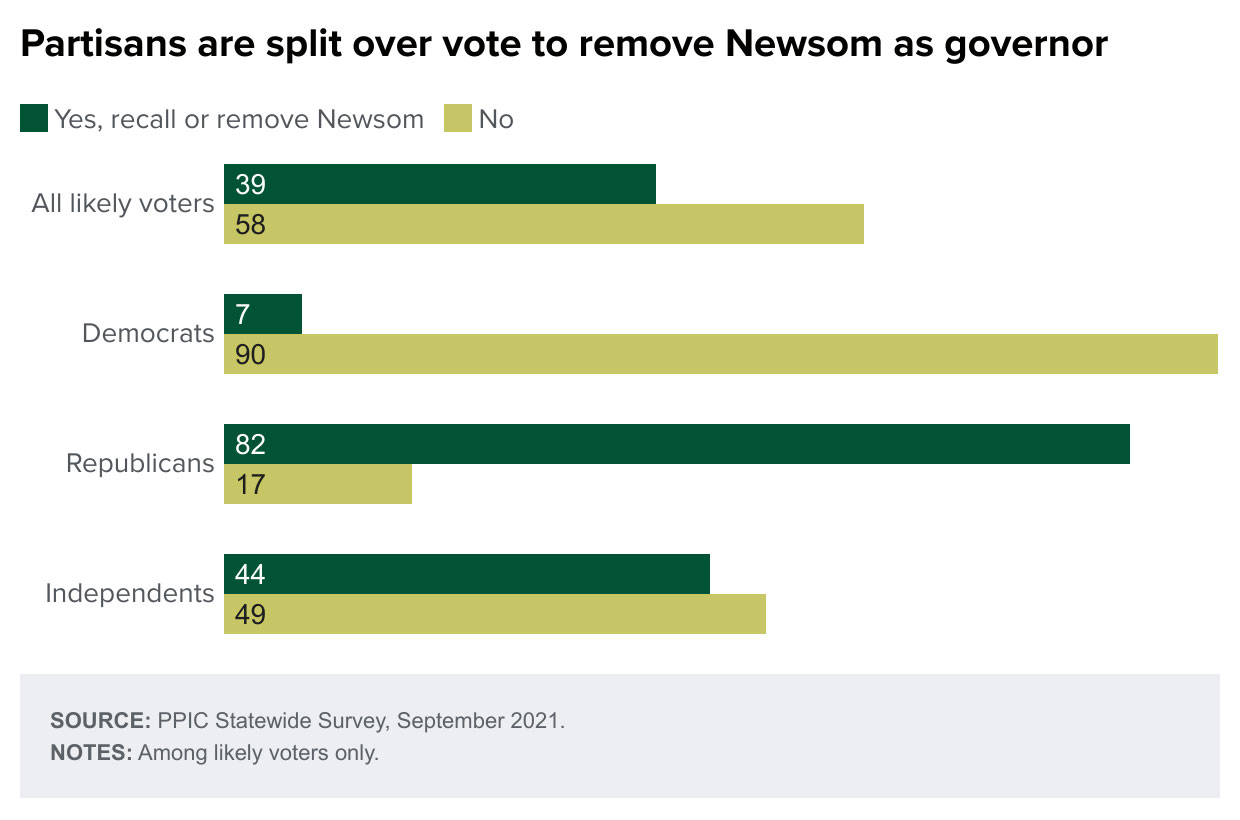
Those results are extremely consistent with previous PPIC polls going back to March of this year.
"It tells me that we live in a very polarized time. Many people have made up their minds and they're sticking with their decisions," said PPIC President Mark Baldassare.
"Really the difference that we see in this poll are some of the underlying attitudes particularly have changed among Democrats. And then more Democrats now feeling that [this] is not an appropriate use of the recall and feeling that things could be worse if Governor Newsom is recalled" — which, Baldassare adds, could make Democrats "much more likely to send back their ballots."
On the second part of the ballot where voters are asked to choose a replacement candidate if Newsom is recalled, roughly half of likely voters did not express their support for a specific candidate. Twenty-five percent say they won't vote for anyone, and another 24% say they're unsure whom to support.
